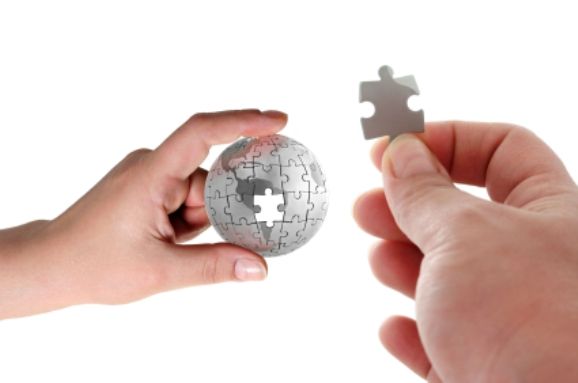LEARNING
COMING SOON
YOU
Set your purpose & prioritise
If you don’t, no one will!
TEAMS
Build high-performing, value aligned teams
BUSINESSES
Established or Start-Up
Information, advice and consulting
Culture of Leadership

In any field of endeavour we can choose to lead, we can choose to follow, or we can be led.
The last two appear the same, yet are very different. The first two are active in choice and driven out of a deeper purpose. While the latter is passive, allowing someone, or something, else to guide and mould our experience.
To be active in choice requires us to set the ground rules for what we want to experience and how that should be. This starts with, and requires constant, curiosity for self-awareness. Becoming aware of the morals, ethics, values, behaviours, ideas, customs, assumptions and beliefs we want to embody. And becoming just as aware of those aspects we would prefer to have around us. These aspects, when lived by a group of people, can be called a culture.
When we see that culture demonstrated by others, we can consciously choose to follow. When this is not evident in any of our life experience, we can consciously choose to lead. Thereby creating and attracting others into this culture.
Choosing to lead and choosing to follow are both conscious, proactive actions. In leadership theory, the role of first follower is deemed just as important as that of the leader. The first follower, or even early followers, clear the way for others to make the same choice.
Implicit in this proactive choice is leadership. The term leadership is thrown about a lot in modern society and is mostly used to refer to a position or title. Leadership is not a position. Leadership is a choice. It is first and foremost a choice to lead self. To set a direction, to choose morals, values, beliefs and principles from which we live. From there we can offer ourselves up to lead others. This is where leadership differs to management. While a manager chooses and directs staff, it is the follower that chooses the leader, attracted by the behaviours of the leader.
As others choose to be lead by us, it is our behaviours and those that we accept in others, that will grow a culture. So our attitude is of utmost importance.
After starting his career thinking that focusing on the 'Soft Stuff' was of no value, Lou Gerstner (Chairman and CEO of IBM, 1993-2002) was later quoted as saying "I came to see in my time at IBM that culture isn't just one aspect of the game….. It is the game".
Whether we're leading ourselves, a group, a business or a country, acknowledge any leadership journey starts with us. Choose an attitude of excellence, set your personal bar high. Live the values you wish to have around you. Bring those values to others through your example. That creates a great culture, a culture of leadership.




